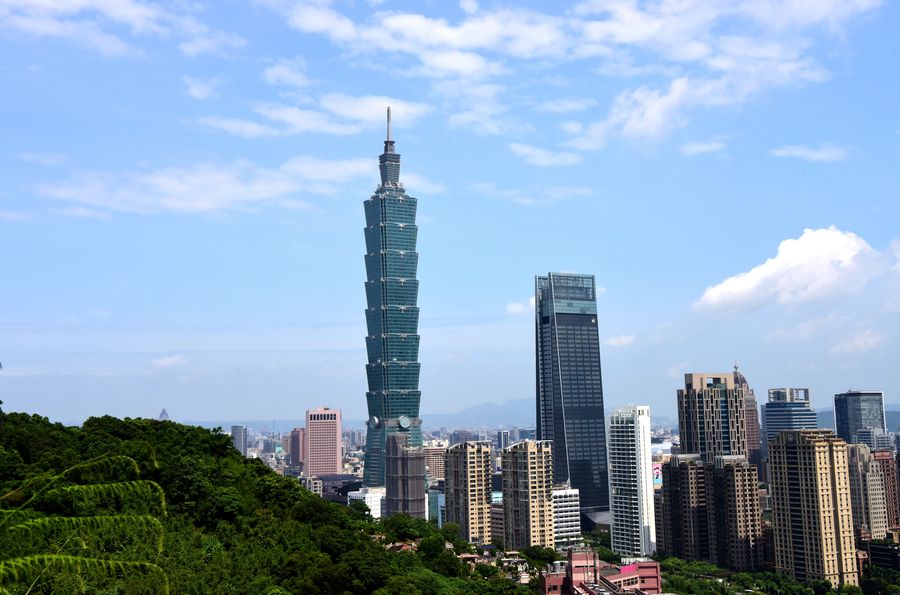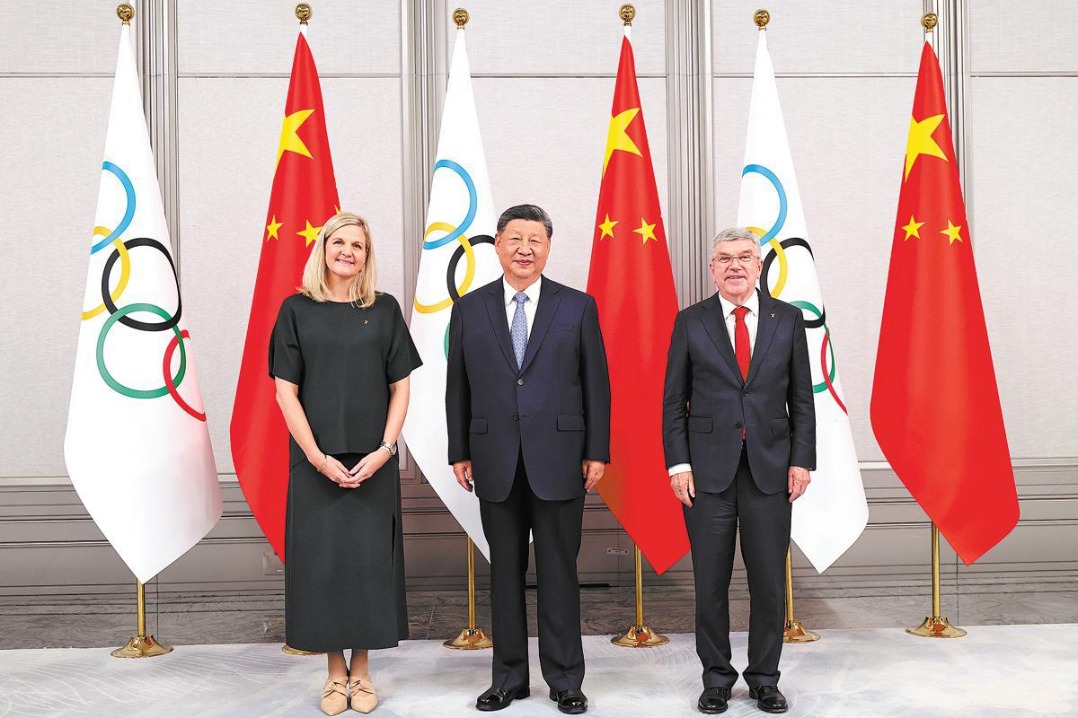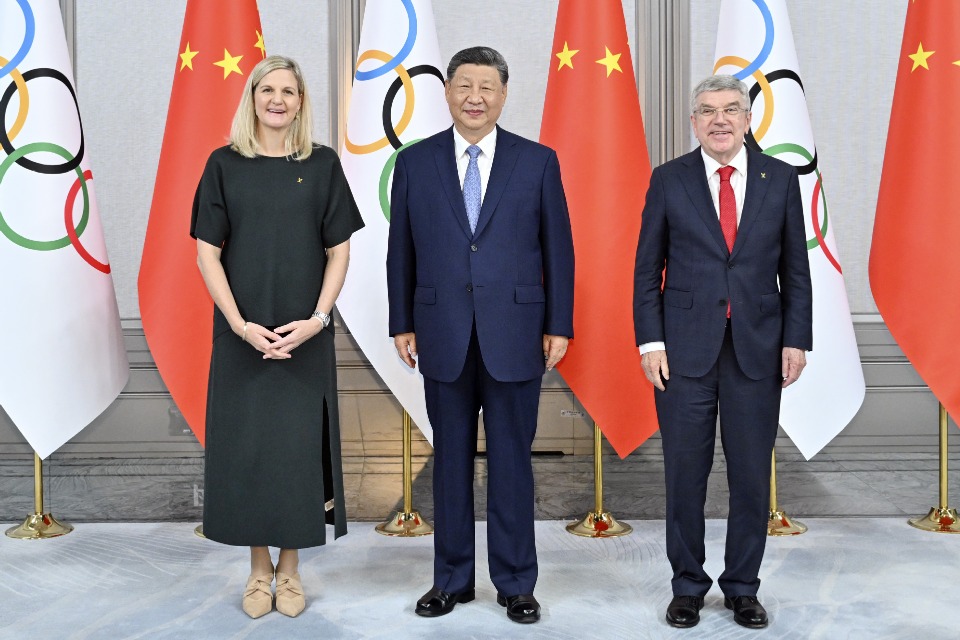Can Lai end deadlock in cross-Strait talks?


After winning the Taiwan leadership election in January with a 40 percent vote share, the second-lowest in the island's electoral history, Lai Ching-te faces the first major test: his inaugural address on May 20. The speech will be closely observed and analyzed by major global players including the Chinese mainland and the United States that are eager to know what is Lai's stance on cross-Strait relations.
Democratic Progressive Party leaders, from former island leader Chen Shui-bian to outgoing leader Tsai Ing-wen, have made some friendly gestures toward the mainland in their inaugural speeches.
In his inaugural speech in 2000, for example, Chen promised to not seek "Taiwan independence", change the island's name, write "one country on each side" of the Taiwan Strait into the "constitution" or alter the status quo via a referendum. The mainland's response was to watch and wait, allowing Chen to fulfill his promises.
Tsai, on the other hand, vowed in 2016 to manage cross-Strait affairs according to the "constitution" and laws and regulations such as the "act governing relations between the people of the Taiwan area and the mainland area", and avoid issuing sensitive statements such as those on "Taiwan independence" and the 1992 Consensus.
But both Chen and Tsai resorted to "Taiwan independence" to divert Taiwan residents' attention from their failure to address the island's problems, stirring up anti-mainland sentiments to secure their re-election. The DPP claims that its initial goodwill gesture was not reciprocated by the mainland, prompting it to seek "Taiwan independence". But the fact is that the DPP never truly abandoned its "Taiwan independence" agenda.
So will Lai repeat his predecessors' mistakes?
Lai has said he wants to hold cross-Strait talks in order to ease tensions with Beijing. But his election with a thin majority has diminished his status. And the mainland, drawing from talks with Kuomintang, posits that the DPP abandon its "Taiwan independence" agenda and accept the 1992 Consensus that there is only one China.
But will Lai agree to these terms?
Recently, Wu Chun-chih, DPP's director of mainland affairs, said the "Taiwan independence party platform" adopted in 1991 was a product of the times and has been effectively replaced by the "resolution on Taiwan's future" in 1999, which has become the DPP's consensus.
This could be seen as a response to a suggestion by three US scholars before the election on the island that Lai dismantle the "independence platform" after being elected, potentially moving toward dialogue with the mainland. But a detailed analysis of the DPP's official documents on cross-Strait ties shows the situation is different.
Three pivotal documents shape the DPP's stance toward the mainland: the 1991"Taiwan independence party platform" advocating for the establishment of a "sovereign and independent republic of Taiwan"; the 1999"resolution on Taiwan's future" proposed by Chen Shui-bian before 2007; and the 2007"resolution on making Taiwan a normal country", which pushes for legal independence by changing the name of the island, making it a "United Nations member".
But the fact that the DPP bases its stance on the mainland on the"1999 resolution", which asserts de facto "Taiwan independence", is unacceptable. The DPP has not formally announced the "1991 platform" has been replaced by subsequent resolutions, yet the"2007 resolution", which openly advocates for legal independence, should prompt the mainland to respond to the island's provocative moves.
Lai's past remarks, especially after he stepped down as the head of the island's "executive yuan" in January 2019, advocating for a new "constitution" tailored for Taiwan, are seen by the mainland as a step toward legal independence, exacerbating tensions.
The three documents therefore are major obstacles to talks between the two sides of the Strait. Clearing these hurdles by fully embracing the one-China principle is essential for any meaningful dialogue to be held. Only by accepting these premises can cross-Strait talks progress.
The author is a senior researcher at the East Asian Institute, National University of Singapore. The views don't necessarily represent those of China Daily.
If you have a specific expertise, or would like to share your thought about our stories, then send us your writings at opinion@chinadaily.com.cn, and comment@chinadaily.com.cn.


































